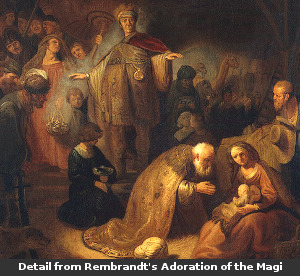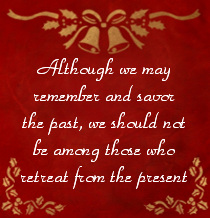Books of Note - The First Thanksgiving and A Better December
[amazon 0830825746 thumbnail]
The First Thanksgiving by Robert Tracy McKenzie
Every year around Thanksgiving, I enjoy reflecting on the Pilgrims, their Mayflower voyage and that firstThanksgiving back in 1621. Being a descendant of no less a figure than John Alden (the one who stole Miles Standish’s girl, Priscilla Mullins) only encourages my Thanksgiving reverie. This year, I enjoyed finishing a first-rate historical survey of that special Pilgrim holiday. The First Thanksgiving: What the Real Story Tells Us About Loving God and Learning from History by Robert Tracy McKenzie (IVP, 2013), is a book I thoroughly enjoyed but one that challenged me to reexamine the historical record and the reasons why I love to reflect on my Puritanical roots.
McKenzie takes the occasion of writing a book on the first thanksgiving, to remind his Christian audience about the role history should play in our faith. He covers the nuts and bolts of historical research while he’s at it. Now, he does tip some sacred cows. He points out how we have scant records of the actual first thanksgiving, and demurs that it wasn’t the first thanksgiving in any true sense—at least four other public occasions of thanksgiving in America (the French Huguenots on Florida’s shores in 1565 being the earliest) have greater claim to that honor. Intriguingly “Plymouth Rock” was born from second-hand recollections of an original Pilgrim some 100 years or more after their landing. And more importantly, American history didn’t instill the Pilgrims’ autumnal feast with national importance for several hundred years. It was left for Franklin D. Roosevelt to be the first American President to directly connect the national observance of Thanksgiving with the Pilgrims of Plymouth and their historic feast.




Discussion